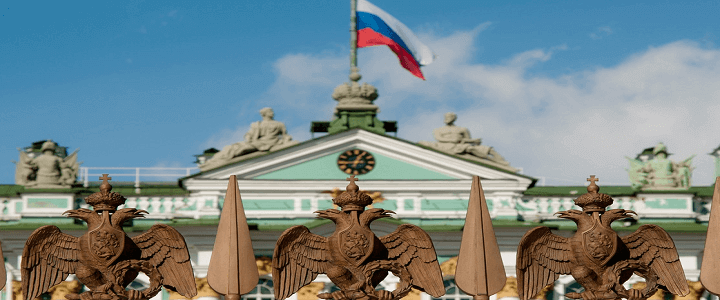The Russian intelligence machine may have suffered a mild case of hiccups when the country transitioned from the USSR to the Russian Federation, but their active espionage penetrations of the West carried on. In the United States we saw the transition of a senior FBI counterintelligence special agent in Robert Hanssen transition from the KGB to the SVR (successor organization which handles foreign intelligence for Russia, the FSB handles the internal security and intelligence responsibilities). Hanssen wasn’t alone, a senior operations officer within the CIA, Aldrich (Ric) Ames also successfully transitioned from the KGB to the SVR. The Russian’s counterintelligence and counterespionage interests had to be protected, their own insider threat program was relying on these two sources deep within the most sensitive areas of the U.S. security and intelligence as key components of their own insider threat program. These two individuals were responsible for the arrest and execution of many U.S. intelligence sources within the Russian government.
And now we learn an Austrian military officer, an unidentified colonel who retired from the Austrian Army, was a “long-term” source of Russia’s GRU (military intelligence), dating back more than 20 years. The colonel is believed to have been paid approximately €300,000 (US$ 341,520) over the course of his cooperation. Which if amortized across the 20 years of espionage would equate to approximately $20,000 per year.
Neither the Austrian security services, nor the armed forces, identified the Russian GRU penetration of the Austrian Army. The tip off came from a “friendly intelligence service”, which has been identified as the United Kingdom. Indeed, the espionage took place while the individual was on active duty and transitioned through to retirement, where he was tasked to attend NATO seminars for the purposes of collecting information presented.
No doubt the seasoned asset also engaged in elicitation with his long time professional contacts within the NATO member state’s military and civilian defense sector. The Russian news service Tass identified additional information shared with Russian included information on the migrant crisis, Austria’s military aviation and artillery systems
Russian foreign minister, Lavrov, expressed umbrage with the “unpleasant surprise” when the Austrian foreign minister made the public announcement without contacting the Russian foreign ministry. In other words, the GRU, which was handling the source, failed to notify Lavrov that their source had been arrested.
And coming on the heels of the botched assassination attempt of Sergei Skripal in the U.K. and the arrest and deportation of four Russian GRU officers by the Netherlands, one can understand Lavrov’s loss of patience.
Russian espionage: Full Speed
The key takeaway for the U.S. defense sector is that the GRU and the SVR have not taken their foot off the gas. Defense contractors remain key targets of interest. That GRU/SVR sources recruited from within foreign government entities, either civilian or military, are present and may present a far less threatening persona to the U.S. target.
It is for this very reason that every insider threat program must include the requirement to identify all foreign contacts of cleared personnel. Right now, you can be assured that counterintelligence officers supporting classified contracts are inquiring as to who may have been in touch with this unidentified colonel from within the Austrian Army, as part of a larger damage assessment.




